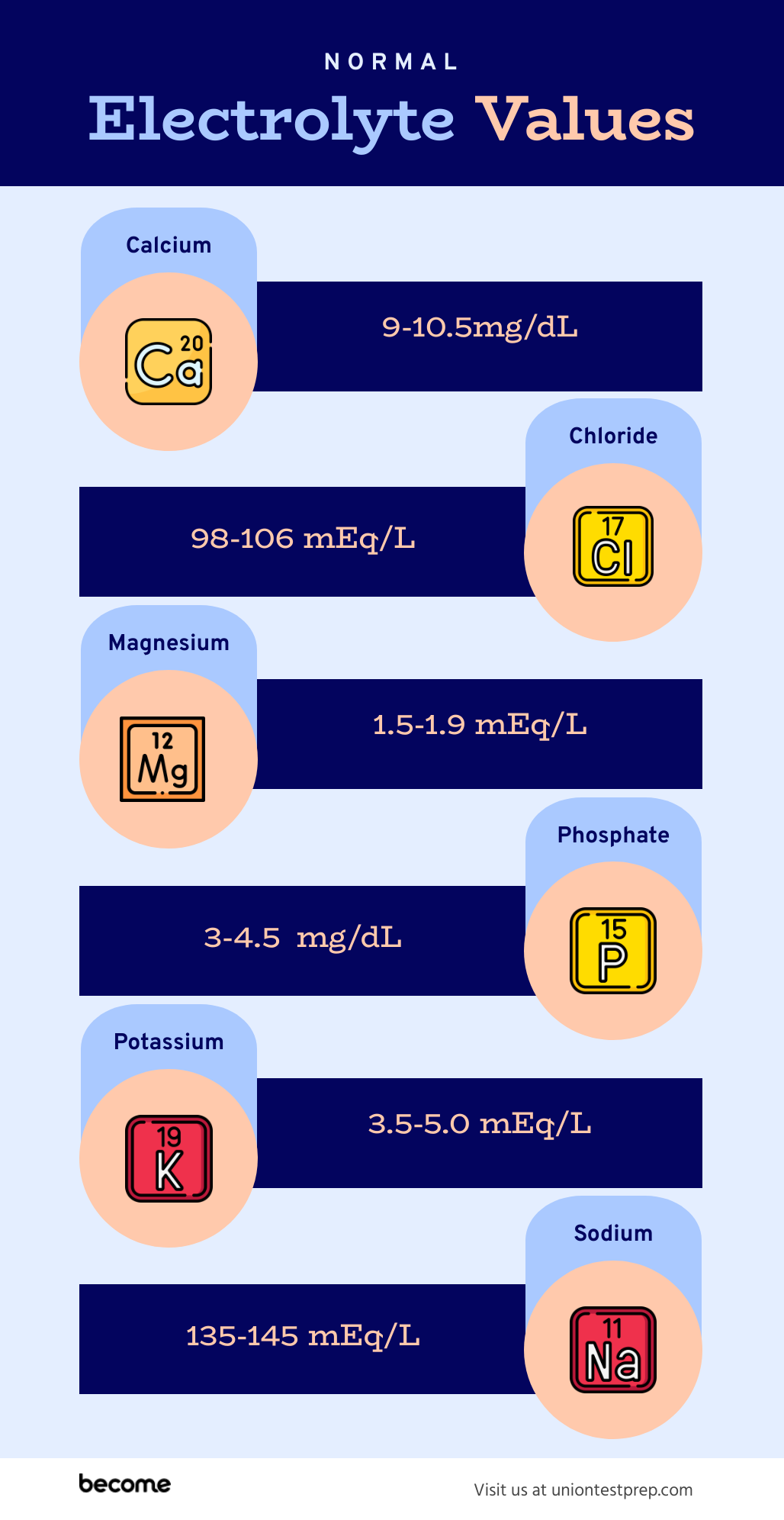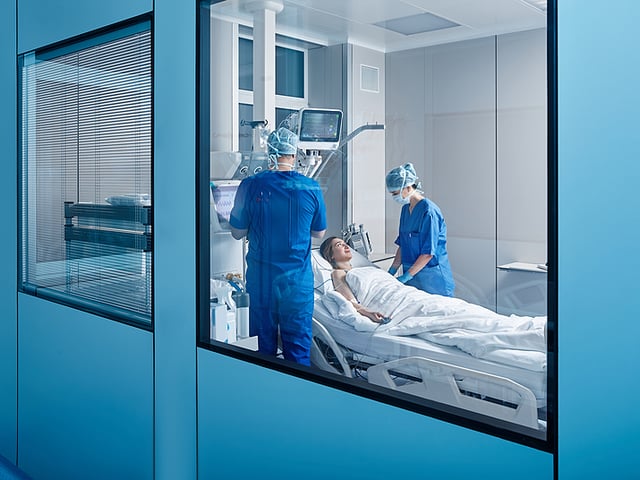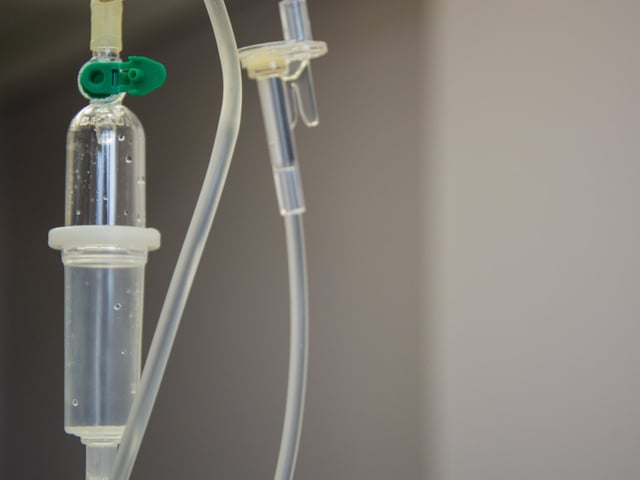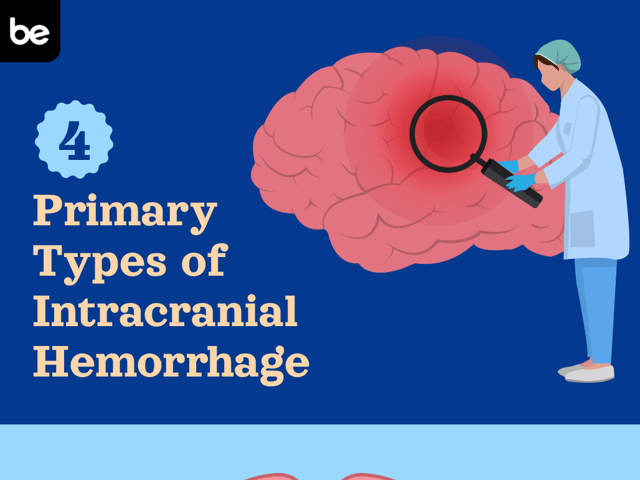
Important Things You Need to Know About Electrolyte Imbalances
Electrolytes are electrically charged essential minerals within the body that work to maintain the body’s homeostasis. They are important mediators of hydration, pH balance, waste excretion, nutrient usage, and nerve and muscular functioning. Electrolytes can be found in blood, urine, and bodily fluids. Electrolytes are also found in foods, drinks, vitamins, and other supplements.
Electrolytes and Values
There are a variety of electrolytes that maintain bodily function. The most common electrolytes along with the expected levels found within the body are:
- Calcium— 9-10.5mg/dL
- Chloride— 98-106 mEq/L
- Magnesium— 1.5-1.9 mEq/L
- Phosphate— 3-4.5mg/dL
- Potassium— 3.5-5.0 mEq/L
- Sodium— 135-145 mEq/L

Electrolyte Imbalance
Imbalance of electrolytes can cause system instability. The most common causes of electrolyte imbalance are illness, dehydration, and excessive loss of bodily fluids (e.g., vomiting, diarrhea, or blood loss). When electrolyte levels rise above the normal range, they are described with the prefix hyper-. If electrolyte levels are lower than the normal range, they are described with the prefix hypo-.
Symptoms of Imbalance
Elevated or insufficient electrolyte concentrations within the body cause a variety of symptoms. Many of the bodily systems are affected by electrolyte imbalance.
- Cardiovascular— irregular heartbeat, tachycardia, arrhythmia
- Nervous— numbness and tingling, convulsions, seizures, confusion, headaches
- Gastrointestinal— nausea, vomiting, diarrhea, constipation, abdominal cramping
- Musculoskeletal— muscle cramping, muscle weakness
- General— lethargy, fatigue, irritability
Labs and Tests
Healthcare providers use blood work and other tests to determine and monitor a patient’s electrolyte composition. These tests in addition to the patient’s physical assessment can provide critical information regarding the patient’s health condition. Common blood work that is performed to assess a patient’s electrolytes include a basic metabolic panel (BMP), complete metabolic panel (CMP), or renal function panel (RFP). Additionally, each electrolyte may be assessed individually when indicated. Other tests that may be performed on patients with suspected electrolyte imbalance include an electrocardiogram (ECG) to assess for cardiac rhythm abnormalities, skin turgor test to assess for dehydration, and/or reflex assessment to test for expected or unexpected reflex responses related to the electrolyte imbalance.
Treatment
Treatments vary depending on the specifics and severity of the electrolyte imbalance. Common therapies to correct electrolyte imbalances include IV fluid administration, electrolyte replacement infusions, oral supplementations, or other medications used to counteract or improve the concentrations of specific electrolytes.
Electrolytes are essential to healthy bodily function. For more information regarding the individual electrolyte levels and symptoms associated with each, look at our Electrolyte Cheat Sheet.

Keep Reading

CCRN Blog
Is CCRN Certification Worth It?
The CCRN (Critical Care Registered Nurse) Certification stands as a tes…

CCRN Blog
Is the CCRN Exam Hard?
In the US, over 700,000 people work in critical care units (CCUs). With…

CCRN Blog
Traumatic Brain Injury and Intracranial Hemorrhage
Traumatic brain injury and intracranial hemorrhage are two common diagn…